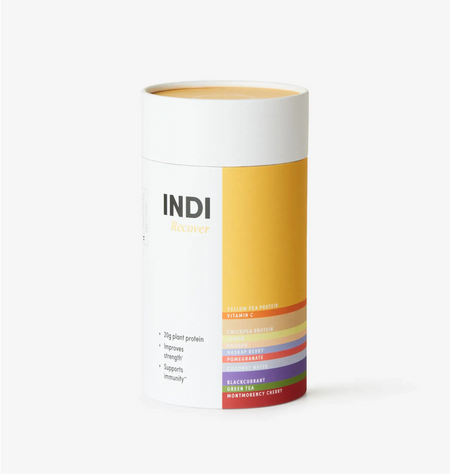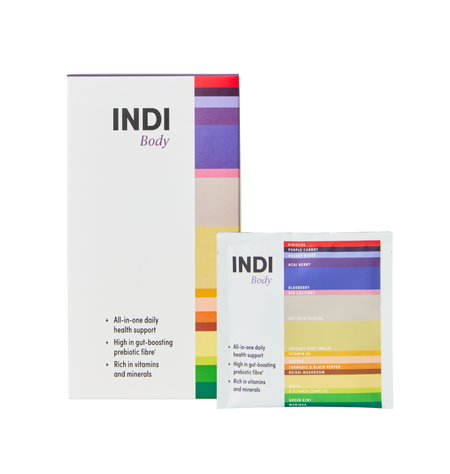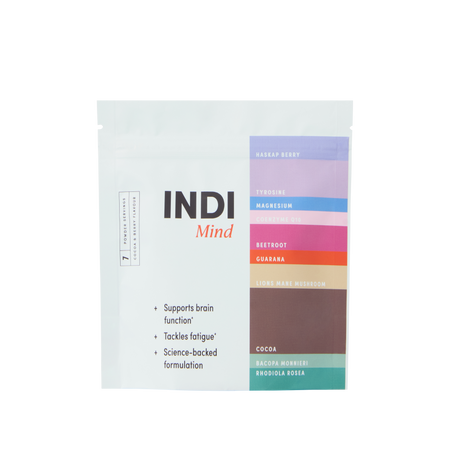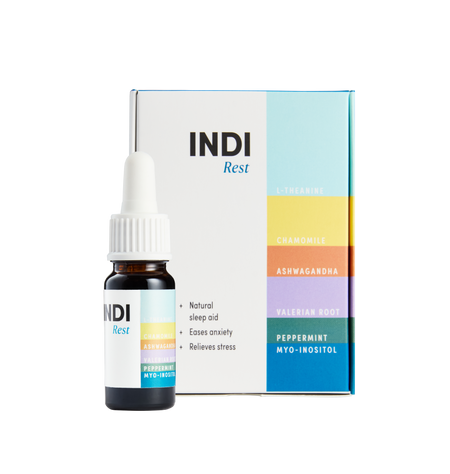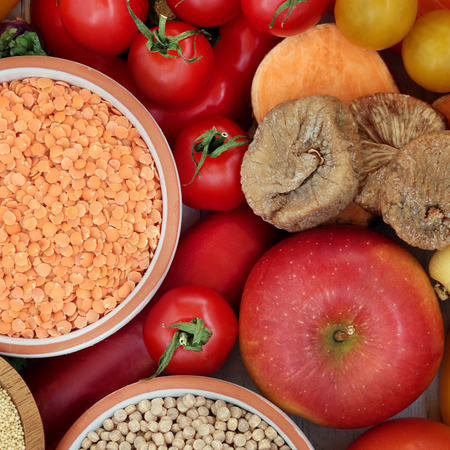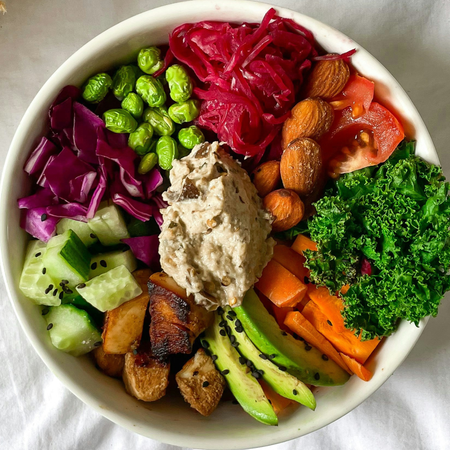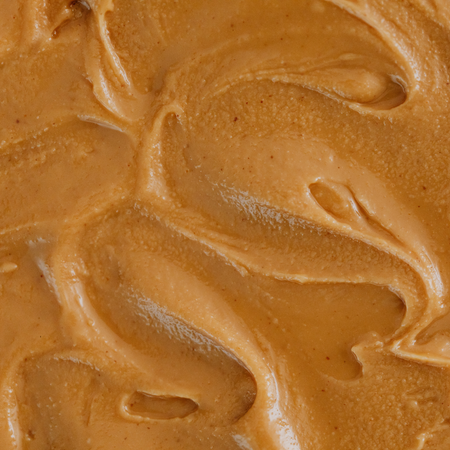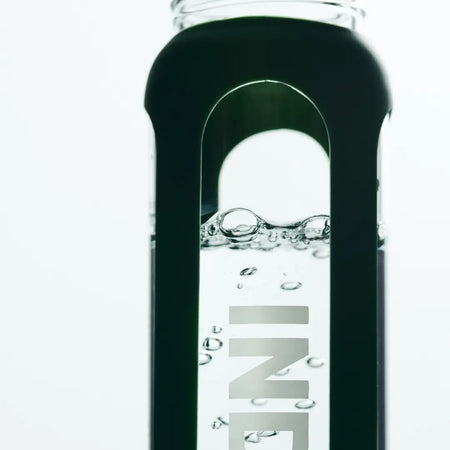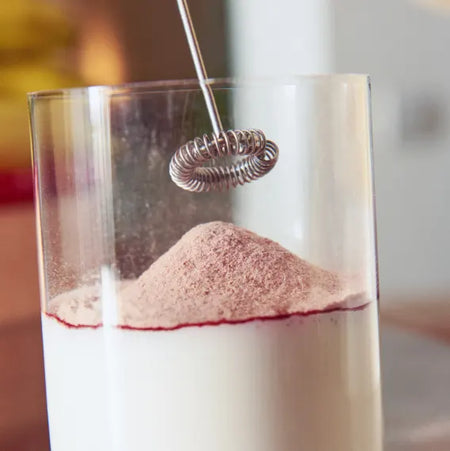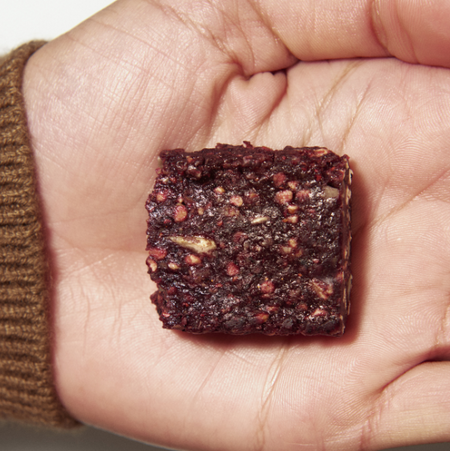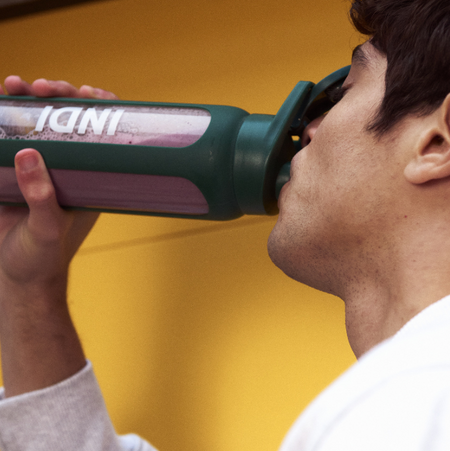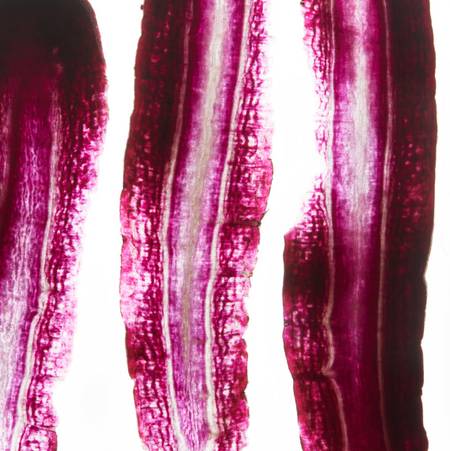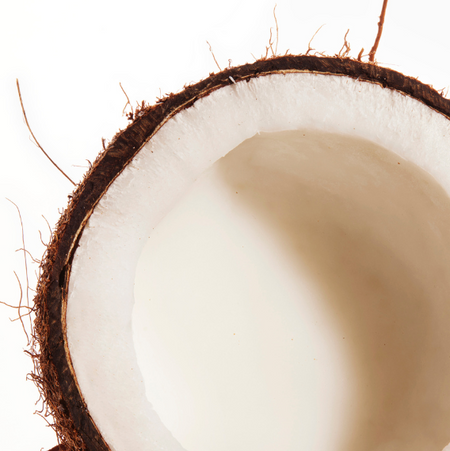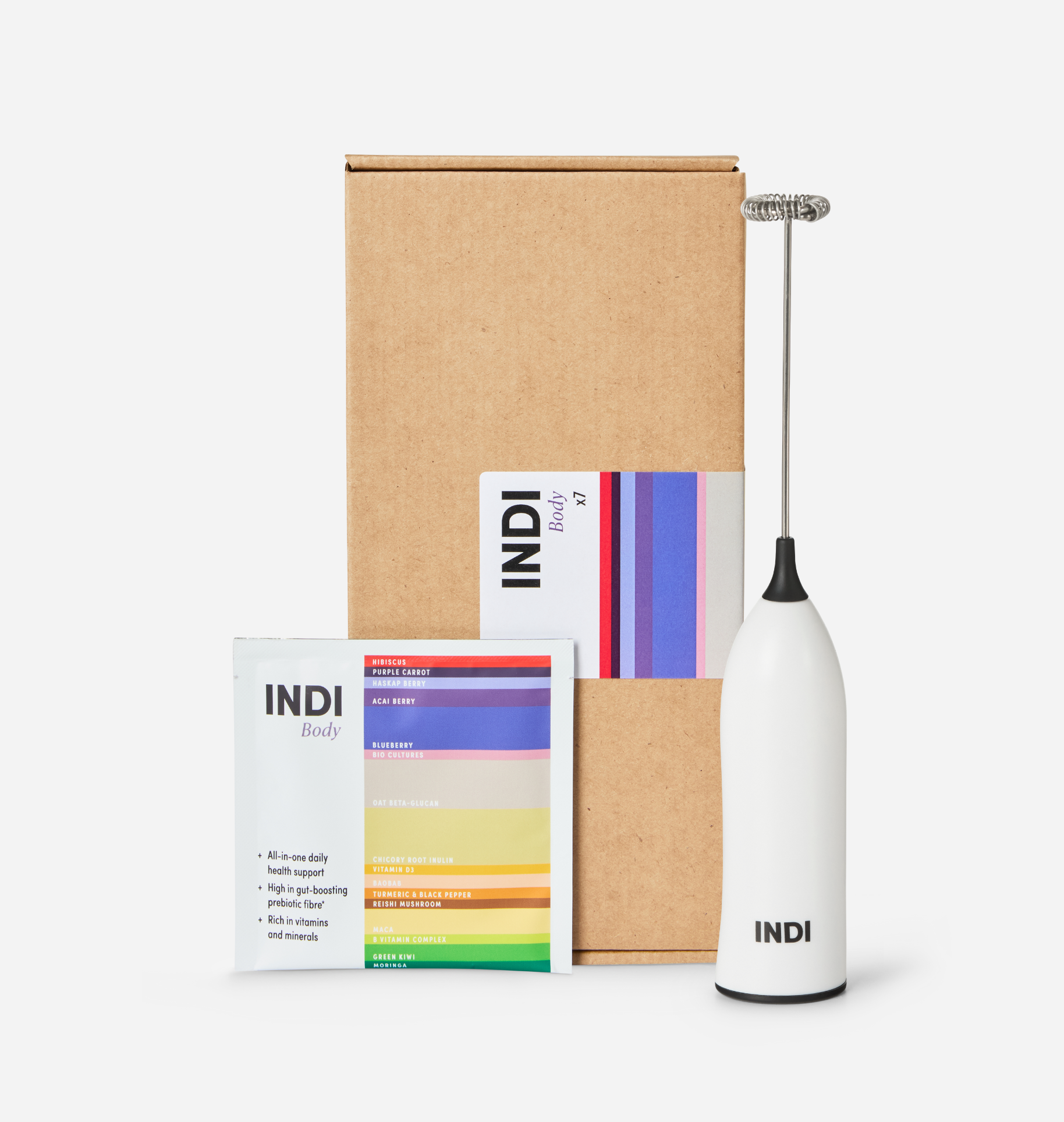How much protein should we really be eating every day?
Protein... it’s taken the food market by storm over the last decade, and we’re now even seeing high-protein Mars bars on sale with “365% more protein!”
So what’s all the hype about? How much protein should we actually be aiming for—and is it the same for everyone? Are all sources of protein equal?
Dr Fede gives us the answers.
Protein is essential for building new tissue
Protein supplements are often associated with gym bunnies and bodybuilders, but the need for protein is more nuanced than that.
First and foremost, we need a lot of protein in our diets at times of growth and repair. During our life cycle, protein is essential for many functions: babies developing in the womb (and for Mum growing the placenta to grow the baby); in children to support growth in the first years of life; in adolescence when there is another growth spurt; and when recovering from infections and illness which can result in rapid weight loss, inflammation and immune system response (antibodies are made of protein after all).
We need protein to maintain muscle mass
When exercising for long periods of time, we have an increased need for protein to ensure we don’t lose lean muscle mass. When muscle is exercised, it undergoes cellular changes and damage which leads to muscle growth, but adequate amounts of amino acids from protein are necessary to enable this growth.
Our protein needs change
...WITH OUR GOALS AND LIFESTYLE
How active you are and how much you exercise determines the amount of protein you should be consuming each day. For active individuals looking to maintain muscle mass, 1.4-2g/kg of body weight is advised. For gaining muscle mass, this can increase up to 2.4g/kg of body weight. Refer to this helpful chart to find your ideal protein level.

...WITH AGE
As we age, maintaining lean muscle mass becomes more important for our balance and bone health. Studies suggest our protein intake should increase from the age of 53, to help ensure healthy muscle mass maintenance when paired with regular physical activity.
...WITH OUR WEIGHT
Since protein needs are calculated according to our weight, the larger we are the more muscle we need. This is also one of the reasons why if we are looking to lose weight, we may actually need to supplement protein to support the maintenance of healthy lean mass whilst losing weight.
Sources of protein
It is preferable to get good quality protein from our meals throughout the day. However, it can be hard to get enough protein from breakfast, lunch and dinner, especially when leading an active lifestyle where the body is continually repairing muscle.
Indi uses plant-based proteins from the highest quality chickpea and yellow pea protein; a combination which delivers a complete amino acid profile. Importantly, these sources do not contain carnitine or betaine—both associated with increased TMAO production which is linked to an increased risk of cardiovascular disease.
It can't be ignored that these plant proteins are also far more sustainable when compared to protein acquired through meat using 167x less arable land, 42x less water and creating 74x less C02.
Recover
£21.75
Essential lean protein
We’ve boosted our silky-smooth berry flavour recovery plant protein with superfood nutrients to ease soreness after exercise, boost metabolism and maintain muscle mass throughout life. It’s your insurance to help preserve strength, strong immunity and a healthy body.
